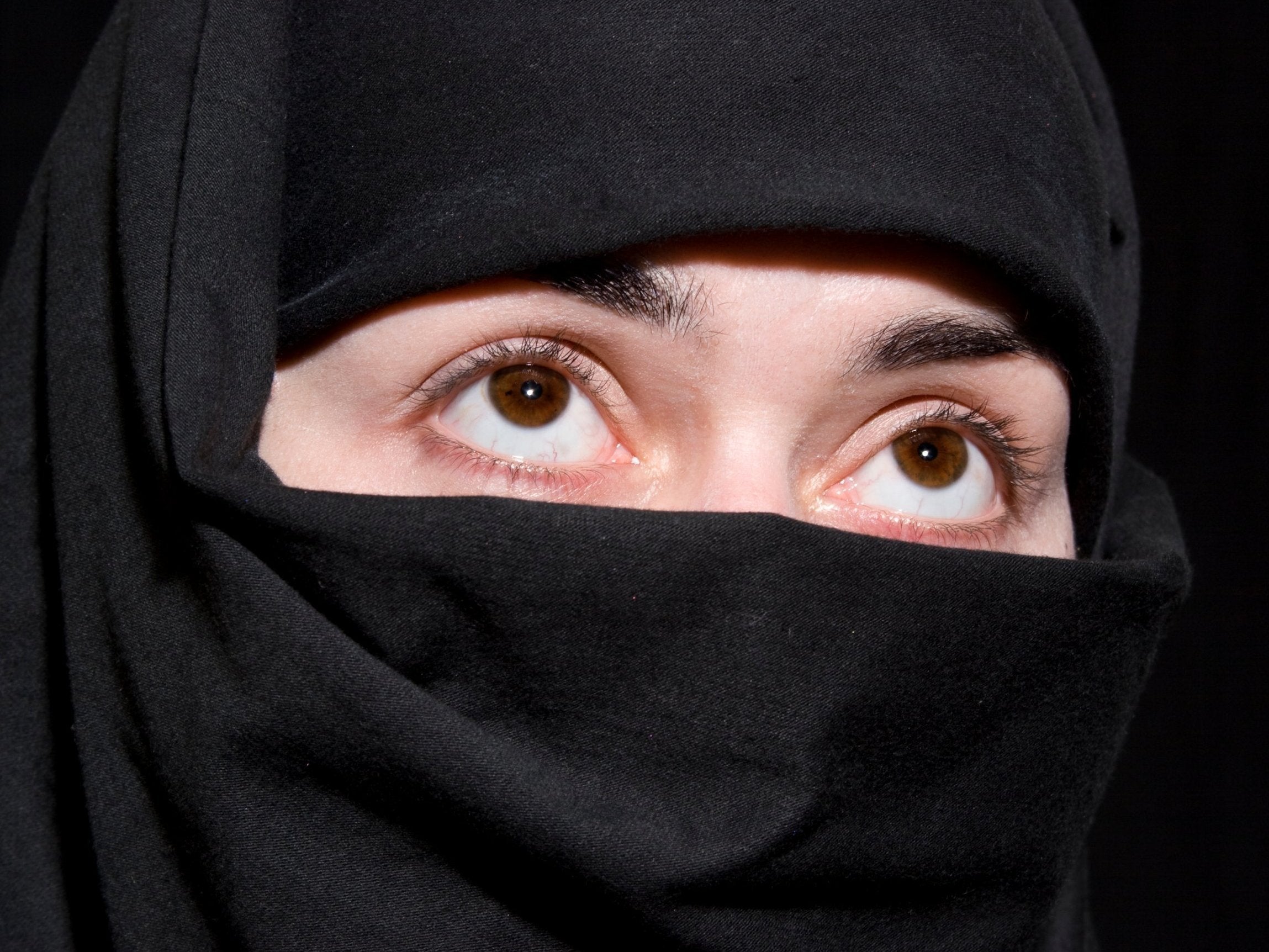Netherlands approves limited ban on 'face covering clothing' like niqabs and burqas
Dutch government claims people will still have freedom to choose how to dress

Your support helps us to tell the story
From reproductive rights to climate change to Big Tech, The Independent is on the ground when the story is developing. Whether it's investigating the financials of Elon Musk's pro-Trump PAC or producing our latest documentary, 'The A Word', which shines a light on the American women fighting for reproductive rights, we know how important it is to parse out the facts from the messaging.
At such a critical moment in US history, we need reporters on the ground. Your donation allows us to keep sending journalists to speak to both sides of the story.
The Independent is trusted by Americans across the entire political spectrum. And unlike many other quality news outlets, we choose not to lock Americans out of our reporting and analysis with paywalls. We believe quality journalism should be available to everyone, paid for by those who can afford it.
Your support makes all the difference.The Netherlands has approved a ban on wearing “face-covering clothing” including the burqa and niqab in some public settings.
The limited prohibition will not block wearing of the hijab, which only covers a woman’s hair. It applies on public transport and in education institutions, health institutions such as hospitals and government buildings.
The country's Parliament upper chamber made the final approval in a vote.
The Dutch government claimed people would still have full freedom on how to dress, except when it is necessary to have full facial contact, like in educational and health-related settings.
The ban does not apply to public streets, although police can ask an individual to remove face-covering clothing for identification.
Far-right politician Geert Wilders’ Freedom Party claimed the development as a major victory, while senator Marjolein Faber-Van de Klashorst called it “a historical day because this is the first step to de-Islamise the Netherlands”.
She said: “This is the first step and the next step is to close all the mosques in the Netherlands,” she said.
The Dutch law is described by the government as “religion-neutral,” and does not go as far as more extensive bans in neighbouring countries like France and Belgium.
Successive Dutch governments have sought to ban niqabs, which cover most of the face but still shows the eyes, and burqas, which cover the face and body, even though studies suggest that only a few hundred women in the Netherlands wear the garments.
The ban also covers ski masks and full-face helmets.
“This is actually virtually a complete ban because the only spaces that are still available for women [who wear face-covering clothing] are the street and the private sector,” said Annelies Moors, professor of Anthropology and Sociology at the University of Amsterdam. “And, of course, the private sector can also have their house rules, they could also possibly legislate against their presence. So this leaves women very little space.”
“It is completely disproportionate and the only effect will be that many of these women will stay at home even more,” said Green Party senator Ruard Ganzevoort. “They will not have an opportunity to go to school. They will not have an opportunity to go to learn to swim, and all those things.”
Join our commenting forum
Join thought-provoking conversations, follow other Independent readers and see their replies
Comments